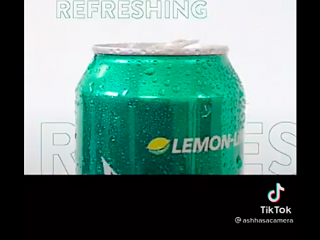The Virtual Quest for Love in 2021
Valentine’s Day is last week’s news, but the pursuit of romance in the modern day exists in a constant swiping motion on dating apps, such as Hinge, Tinder and Bumble.
The Rise of Dating Apps
Over the past decade, consumer demand for internet dating services has skyrocketed. BedBible predicts that the online dating audience will continue to rise in the next few years, growing to 37.5 million in 2023, compared to 33.9 million users in 2018.
When the pandemic hit in April last year, the traditional dating scene became completely upended. Unlikely to meet a partner organically, users flocked to dating apps to fill an intimacy-shaped hole in their lives.
- Match Group, which owns popular online dating apps including Tinder, OKCupid and Match, revealed that their second quarter 2020 earnings report showed more people using online dating apps since COVID-19 hit.
- Apptopia reports illustrated that, between September and October 2020, Match grew 21 percent, OkCupid grew 21 percent and Bumble grew 16 percent.
- Hinge saw a 17 percent increase in dates (both in-person and virtual) over the summer, according to Logan Ury, dating coach and director of relationship science at Hinge.
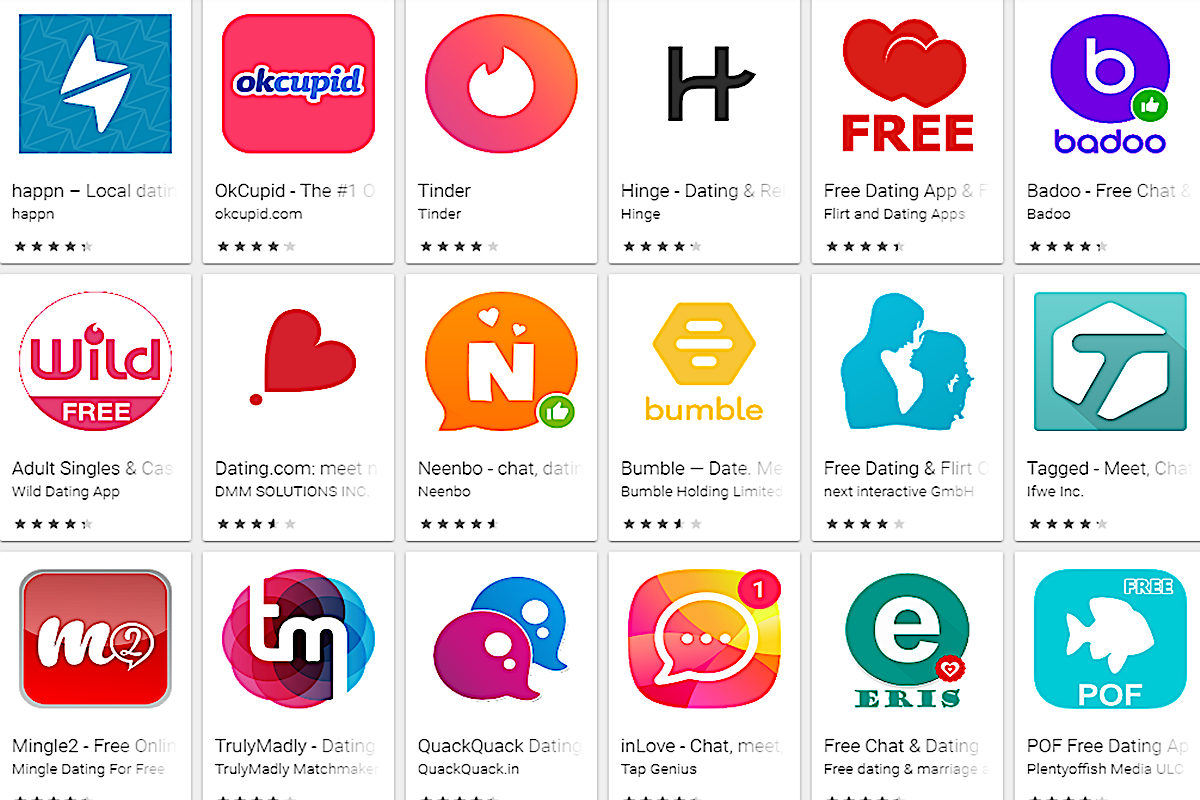
The Dating App Debate
The question is – are dating apps a mechanism for forming meaningful connections, functioning, effectively, as a technological cupid? Or, are they a curse, riddling the younger generation with anxiety, paranoia and low self-esteem?
There is a line of research that has unveiled some dark truths behind dating apps. In 2018, a poll of 200,000 iPhone users by non-profit organisation Time Well Spent found that dating app Grindr topped a list of apps that made people feel most unhappy, with 77% of users admitting it made them feel miserable. Tinder came in ninth place.
Why might that be the case? To start with, users are forced to condense themselves into a profile, consisting of a few photos and, occasionally, a few thought-out answers to prompts.
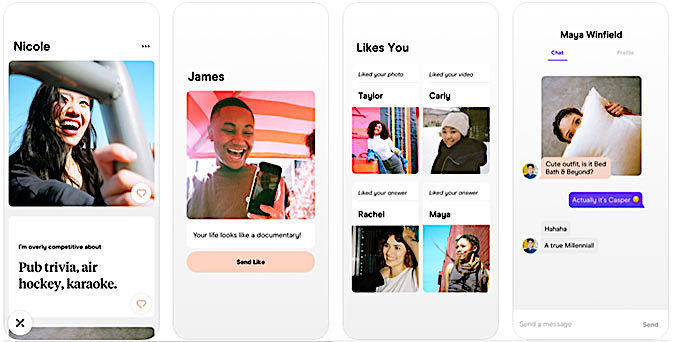
Matilda, 24, stated, “I hate that you have to compart yourself into a ‘profile’. No one is that two-dimensional and it makes it seem like you have to have these little traits to make yourself good at dating, or someone to look for – someone who takes a certain type of photo. It also has these really obscure, arbitrary questions.”
And, it is not only a two-dimensional self that you create, but one that is passed around and scrutinised by a myriad of critical strangers. Matilda stated that it gave her “anxiety” that people are “judging” her on this on this “ridiculous profile.”
To top it off, rejection on dating apps is rife. Perhaps the choice overload, or the dehumanising, game-like swipe function, has led to what the authors of study ‘A Rejection Mind-Set: Choice Overload in Online Dating’ coined the ‘rejection mindset‘ – our propensity for rejecting others online.
Many users fear this rejection and yet, there is something that keeps them swiping. When asked about dating apps, Philippa, 22, described how she “keeps deleting the app, re-downloading, scrolling obsessively for 20 mins then it deleting again.” The problem might not only be that you can stumble into toxic relationships on the app, but you can actually form this type of relationship with the app itself.
In the highly acclaimed documentary ‘The Social Dilemma,’ Tristan Harris and Joe Toscano and described how apps, like these, are designed based on psychology to modify our behaviour. Toscano said, “you pull down and you refresh, it’s gonna be a new thing at the top. Pull down and refresh again, it’s a new thing. Every single time, which in psychology we call a positive intermittent reinforcement.”
Users obsessively refresh the page just in case, in a few more efforts, their perfect two-dimensional “soul mate” appears.
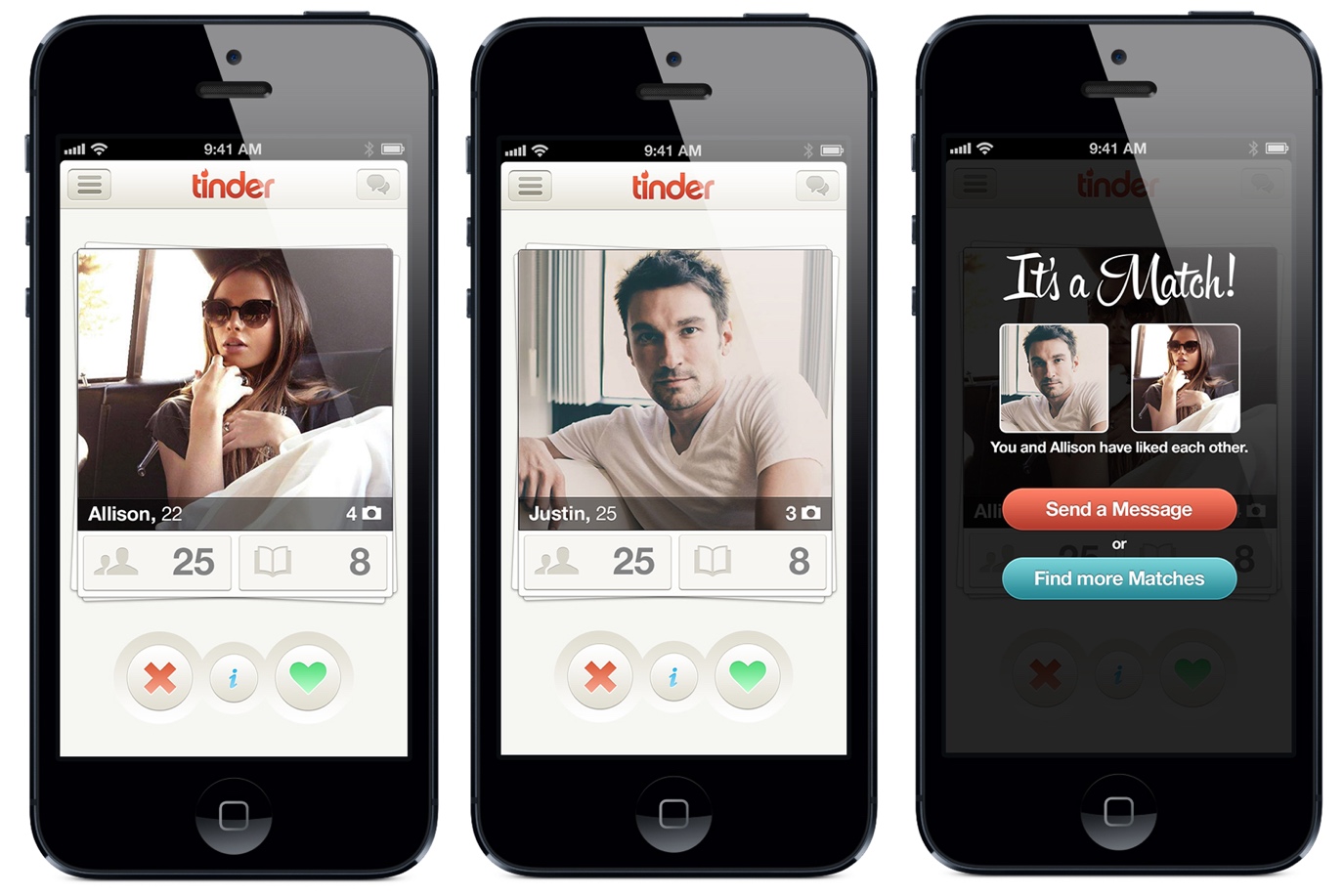
Then there’s the idea that dating apps breed a superficial breadth of human interaction, rather than a meaningful depth of connection.
But what about those success stories you hear about? What about statistics affirming positive outcomes? According to Pew Research Centre’s study in 2020, 57% of online dating site or app users say their own personal experiences with these platforms have been very (14%) or somewhat (43%) positive. That’s a fair amount of good feedback.
Sara, 23, who met her boyfriend on Hinge described “I myself met my boyfriend on a dating app, and it doesn’t even feel like that. It doesn’t matter, because as soon as you meet them, you then know them. I never relate my knowing him to anything online. It’s a very in person thing.”
Despite its flaws, this technology gives you the chance to meet a pool of nearby singles you would never normally meet, particularly in a climate that bounds you to your house and outright disallows any in-real-life mingling. In Sara’s words, dating apps are “good and arguably necessary right now,” as “the usual hobbies that we’re able to pursue have been put on hold.”
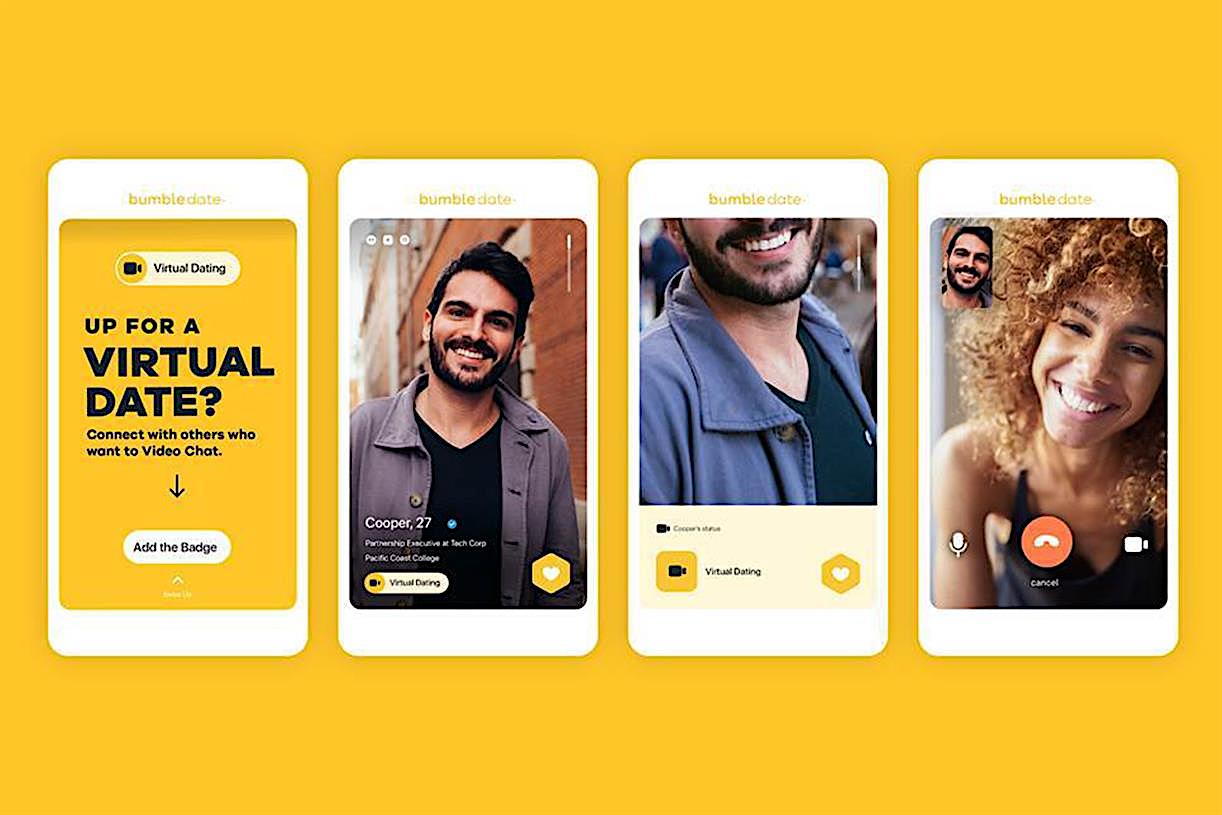
On a positive note, statistics show that the growing necessity of dating apps has coincided with more positive dating app behaviour. Hasam Hosseini, CEO of Match, described how the pandemic accelerated an already percolating shift from “hookup” culture to more intentional dating. Users are taking less risks with date-hopping and are, instead, getting to know individuals virtually and broaching more series matters earlier on.
Match’s most recent Singles in America survey, involving 5,000 people, found that:
- 58 percent of single app daters shifted toward more intentional dating due to the pandemic.
- 63 percent said they’re spending more time getting to know potential partners.
- Almost 70 percent said they’re being more honest in their interactions.
So, do dating apps function as a technological cupid, or are they a curse? Can they be both? Are they evolving and shifting in one direction? Will that shift continue once the pandemic subsides? There are a lot of unknowns.
These newer statistics certainly don’t eradicate the dark truths about dating apps that might, unfortunately, linger on. But, for now – any increasing signs of cupid’s bow and arrow peaking through, particularly in a time like the present, can only be a good thing.
Finally, for our previous #SocialShort, click here.






